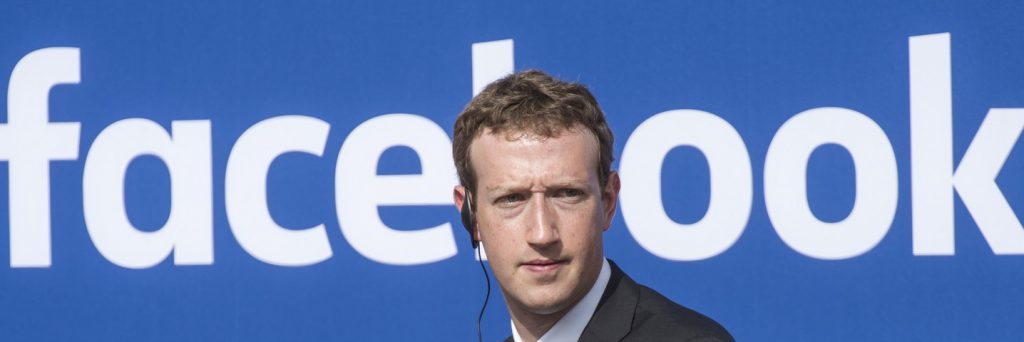Harvard Looks At Facebooks Attempt to Take on Fake News

The amorphous impact social media has had on the collective social conscious, especially since the 2016 U.S. general election, has become a striking waypoint of how we all may interact in the near future. To potentially combat the negative outcomes of it, Facebook has crafted plans to transform its platform into a forum for “more meaningful social interactions,” even if it comes at a great cost to its founder, Mark Zuckerberg. Experts from Harvard Business School recently discussed the potential changes.
The announcement comes on the heels of overwhelming public pressure for Facebook to “understand and manage its impact on society,” as well as a larger discussion about the role that purpose plays in business.
We’re currently in a moment where environmental, social, and governance (ESG) data plays an increasingly significant role in the decisions that investors make. In fact, firms that improve their performance in material ESG dimensions subsequently outperform their peers, according to the article.
Purpose-driven companies “can reap benefits because of higher employee productivity and customer loyalty and satisfaction,” but if purpose equals credibility, then a company’s credibility comes at a high cost—and one that may not yield dividends at the end of the day. And if any company “can claim that they are purpose-driven, the commitment stops being credible.”
READ THIS: Our Favorite MBA Recruiters: Facebook
Facebook’s role in the ongoing “fake news” debacle suggests that culture can have a massive impact in steering a company’s performance. That Facebook lost $27 billion of its market cap and Mark Zuckerberg personally lost $2 billion on the day of the announcement suggests the company is “willing to pay a price to demonstrate” its commitment to community. The massive, very public loss actually lends Facebook an air of credibility that it’s not simply “goodwashing” consumers. Perhaps the social media behemoth is actually putting its money where its mouth is.
While the short-term costs of a more public commitment to social governance are certainly hefty, Zuckerberg believes the new more community-focused Facebook will ultimately have long-term benefits for the company. HBR reported that while short-termism holds back good corporate intentions, “most business leaders still do not walk the talk when it comes to being long-term-oriented.”
